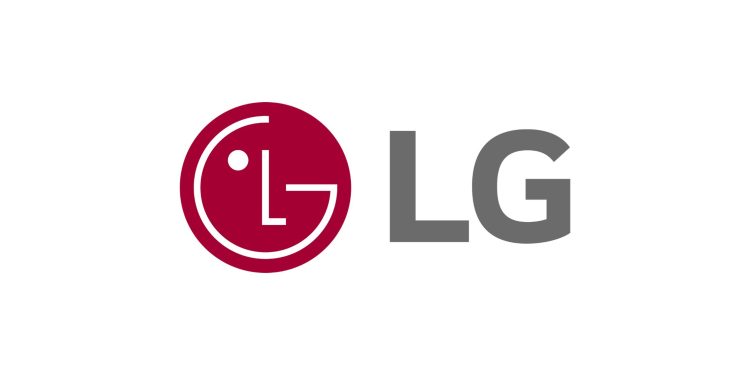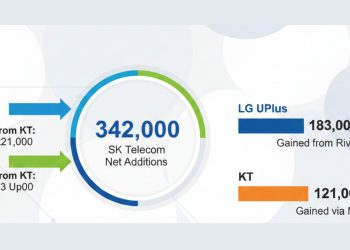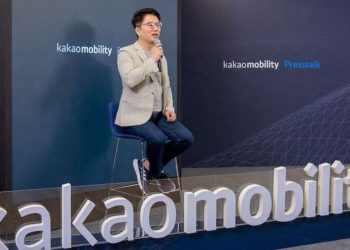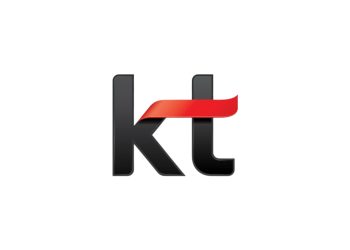On Tuesday, South Korea’s LG Energy Solution (LGES) announced that its U.S. unit will acquire General Motors’ entire stake in their Michigan-based electric vehicle battery joint venture for approximately $2 billion. The acquisition, set to be finalized by May 31, includes all assets of the Ultium Cells battery plant in Lansing. LGES noted that the final deal value could change following due diligence.
It is expected to reduce investment burdens for new facilities while improving operational efficiency across LGES’s U.S. plants. By taking full ownership, LGES plans to strengthen its battery production capabilities in the U.S. and secure supply commitments, including agreements with automakers like Toyota.
GM decided to sell its stake in the Lansing battery plant as it scales back its EV expansion due to uncertainty over battery production and consumer tax credits under the Trump administration. The automaker announced its exit from the joint venture in December but will continue collaborating with LG Energy Solution (LGES) through its battery plants in Ohio and Tennessee.
LGES and GM originally planned to operate the 50:50 joint venture plant in Michigan, which will start later this year. However, with full ownership, LGES aims to streamline U.S. manufacturing and reduce the need for fresh facility investments. The company emphasized that the acquisition cost is already included in its annual capital expenditure plan, which was adjusted earlier this year to lower facility investments by 20 to 30 percent compared to 2023.
Toyota has confirmed that it will transfer its battery orders to the Lansing plant, aligning with a 10-year supply agreement signed in 2023. Under this deal, LGES will provide 20 gigawatt-hours of NCMA battery modules annually, supporting the production of around 200,000 electric vehicles.
By consolidating its manufacturing operations, LGES expects to enhance efficiency across its U.S. plants while maintaining steady growth in the EV battery sector. The Lansing facility will play a key role in meeting growing demand, ensuring a stable supply of high-performance batteries for automakers.
Meanwhile, LGES’s parent company, LG Chem, reported financial struggles due to weaker demand for petrochemical and battery materials. In the fourth quarter of 2023, LG Chem posted a net loss of 899.2 billion won ($613.3 million) and an operating loss of 252 billion won, marking a sharp decline from its profits a year earlier. LG Chem holds an 81.84% stake in LGES, South Korea’s top battery manufacturer.







